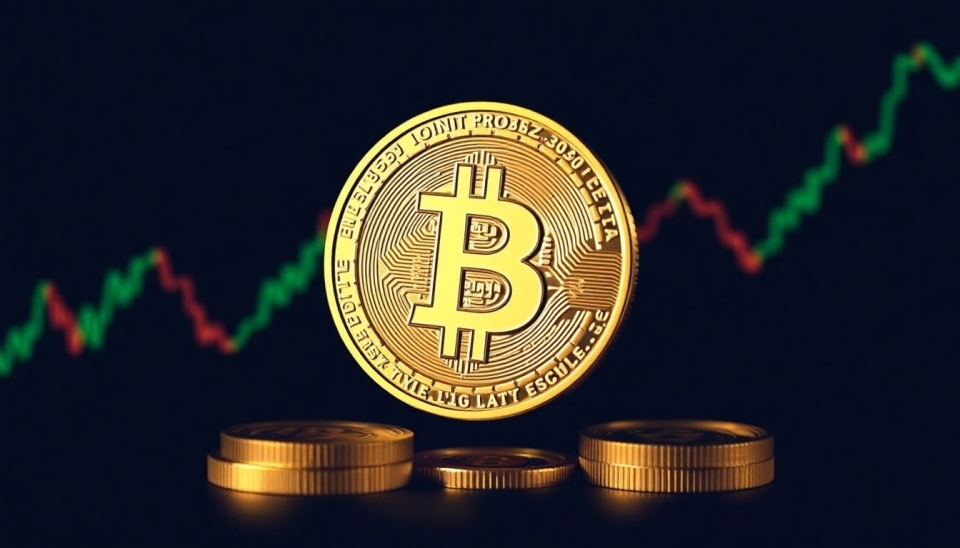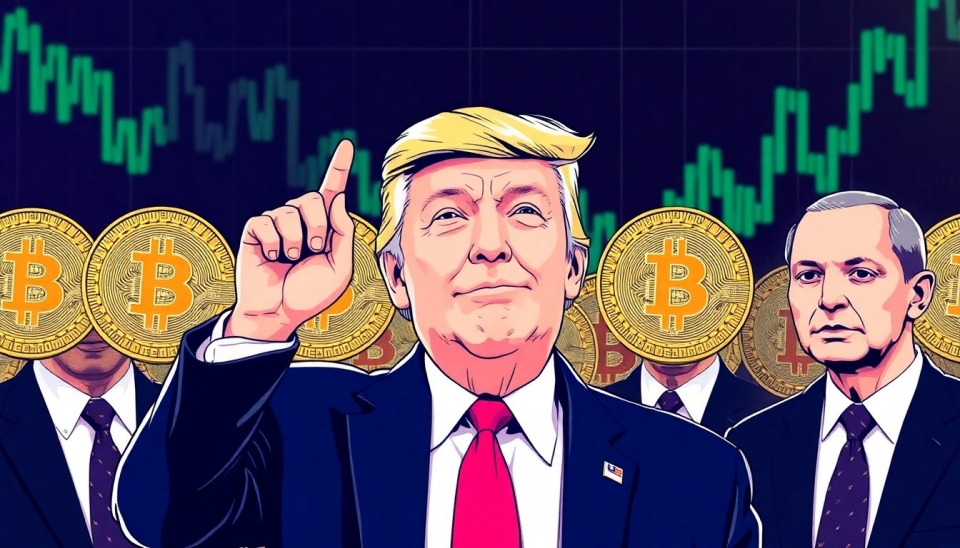
In recent market developments, Bitcoin has experienced a significant rebound, drawing attention from investors and analysts alike. The cryptocurrency's price surge, which has been attributed to various factors, including increasing institutional interest and favorable regulatory news, has reignited discussions about its potential to recover from past setbacks. However, the lingering effects of the notorious FTX collapse continue to cast a long shadow over the cryptocurrency sector, causing many to question the sustainability of this revival.
The FTX scandal, which unfolded in late 2022, resulted in a massive loss of confidence among investors and raised concerns over the regulatory landscape surrounding cryptocurrencies. The exchange's sudden bankruptcy and allegations of fraud and mismanagement highlighted the vulnerabilities within the crypto market, leading to heightened skepticism about the sector's integrity. Despite the current price rally, many still remain wary, fearing that unresolved issues stemming from the FTX fallout could impede further growth.
Bitcoin's recent price movement has been characterized by a robust upward trajectory, with its value climbing to levels that some analysts believe could signal a return to previous highs. Key drivers of this resurgence include a series of high-profile endorsements from financial institutions, along with increasing mainstream adoption of cryptocurrencies. Notably, large institutional players are starting to explore the advantages of allocating funds towards Bitcoin and other digital assets, further legitimizing their role in the broader financial landscape.
However, the question remains: can Bitcoin's revival truly mark a new era, or will the scars left by FTX hinder progress? Experts warn that while current trends appear promising, the market's foundational issues, particularly the need for enhanced regulations and improved security measures, are far from addressed. The FTX debacle has sparked a renewed urgency among regulators to implement frameworks that could help safeguard investors and ensure market stability.
Furthermore, the negative sentiment surrounding FTX lingers among retail investors, many of whom suffered significant losses during the exchange's collapse. This has led to a cautious approach toward reinvesting in cryptocurrencies. For many, the memory of the FTX crisis serves as a reminder of the risks involved, prompting a reevaluation of investment strategies and a preference for more transparent and trustworthy platforms.
In conclusion, while Bitcoin's current resurgence presents an optimistic outlook, the underlying issues from the FTX collapse cannot be overlooked. The cryptocurrency market is at a crossroads, where regulatory measures and improved security protocols could either enhance its credibility or lead to further doubts about its viability. As Bitcoin continues to navigate these turbulent waters, it is clear that the ghosts of FTX will remain a critical point of discussion for the foreseeable future.
#Bitcoin #FTX #Cryptocurrency #Investing #MarketTrends #Blockchain #Finance #Regulation #CryptoRevival
Author: Michael Turner




